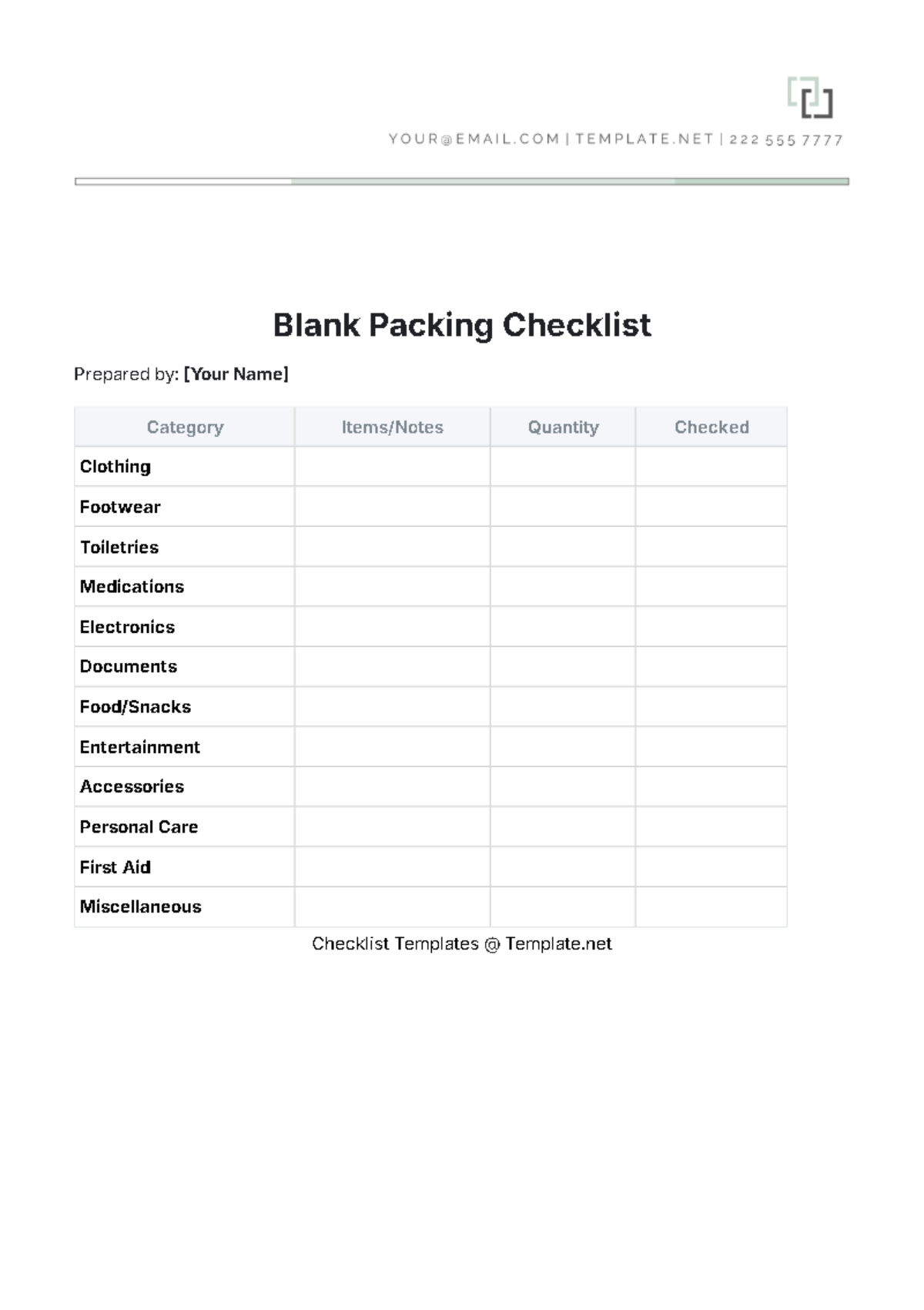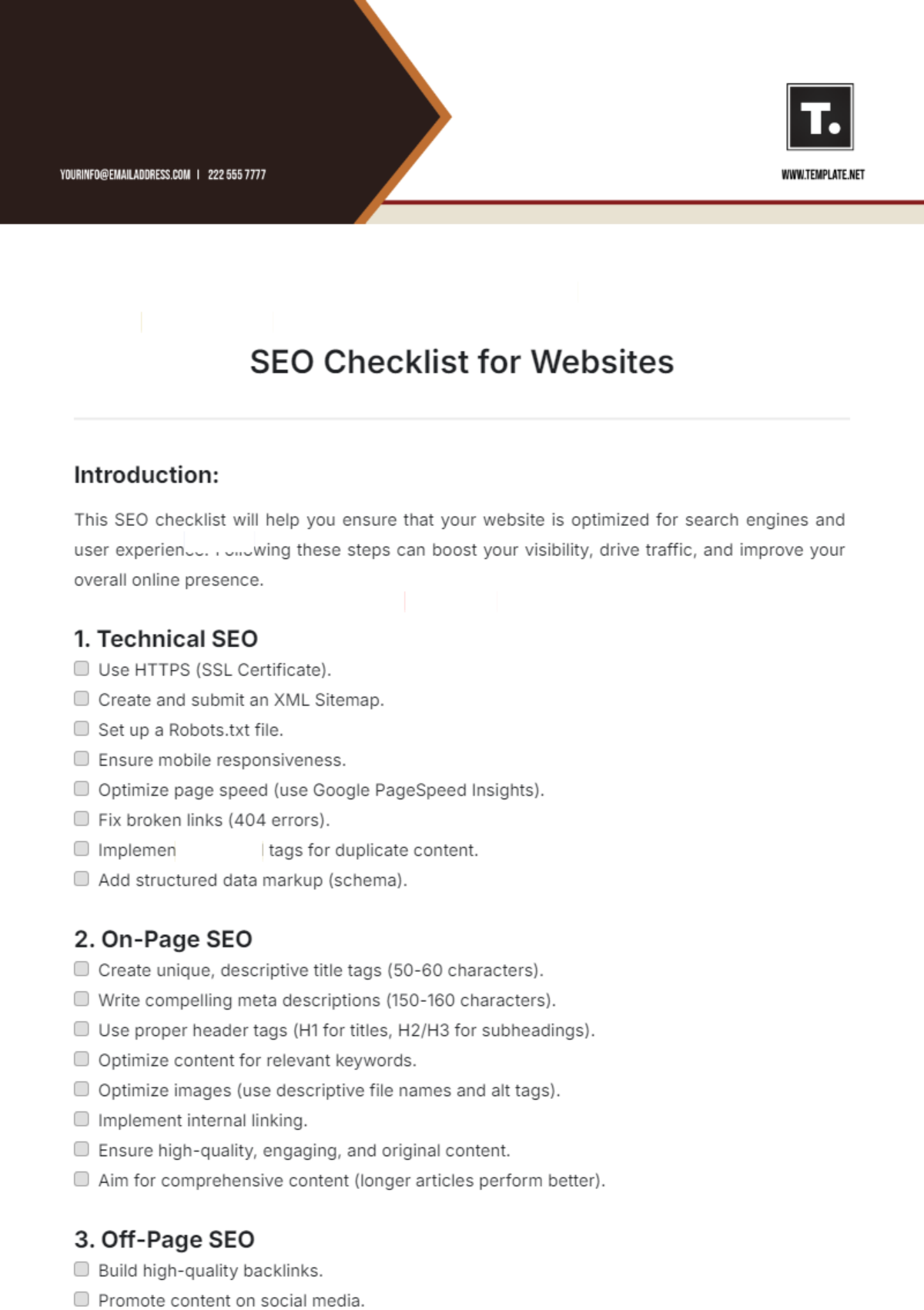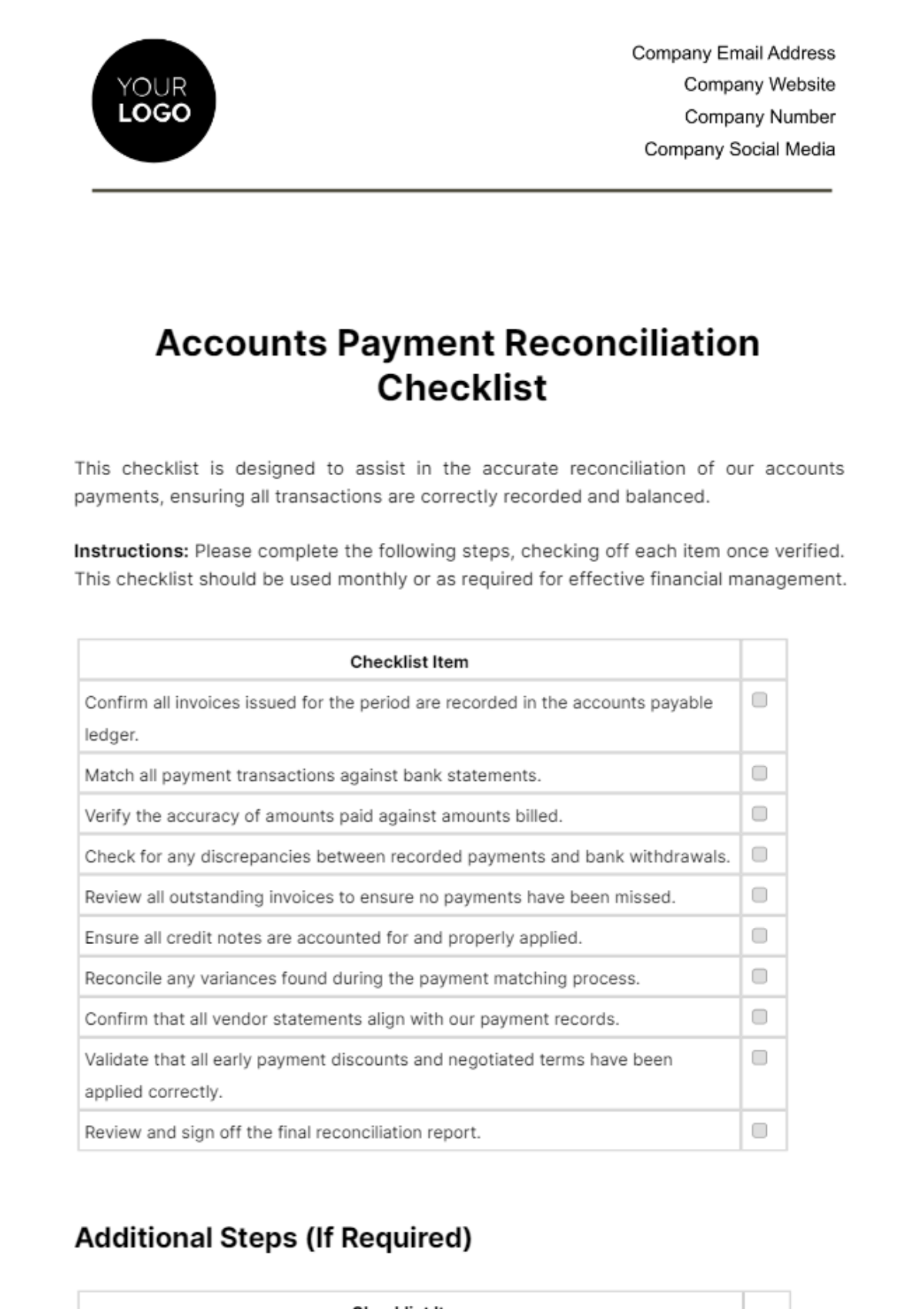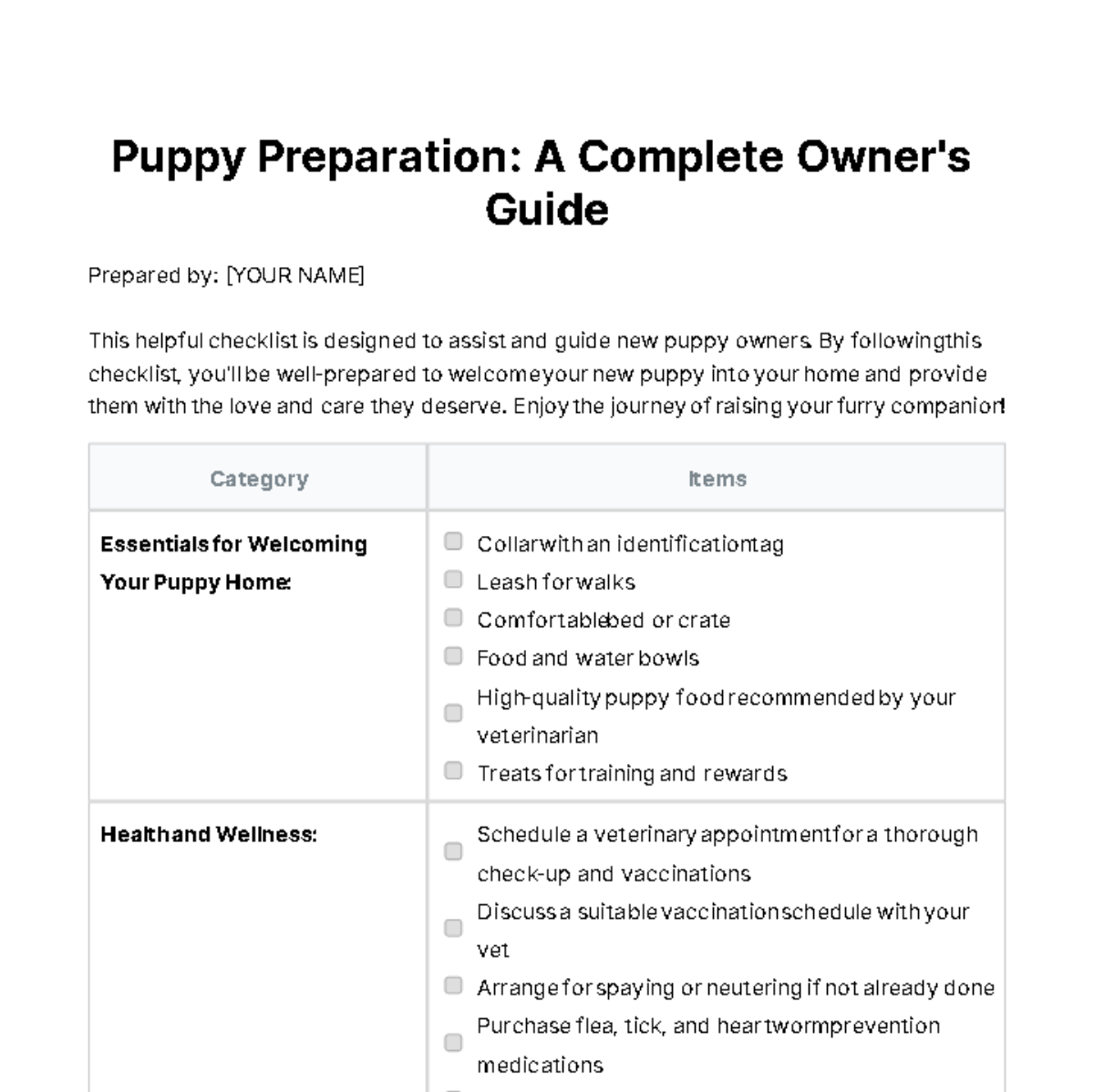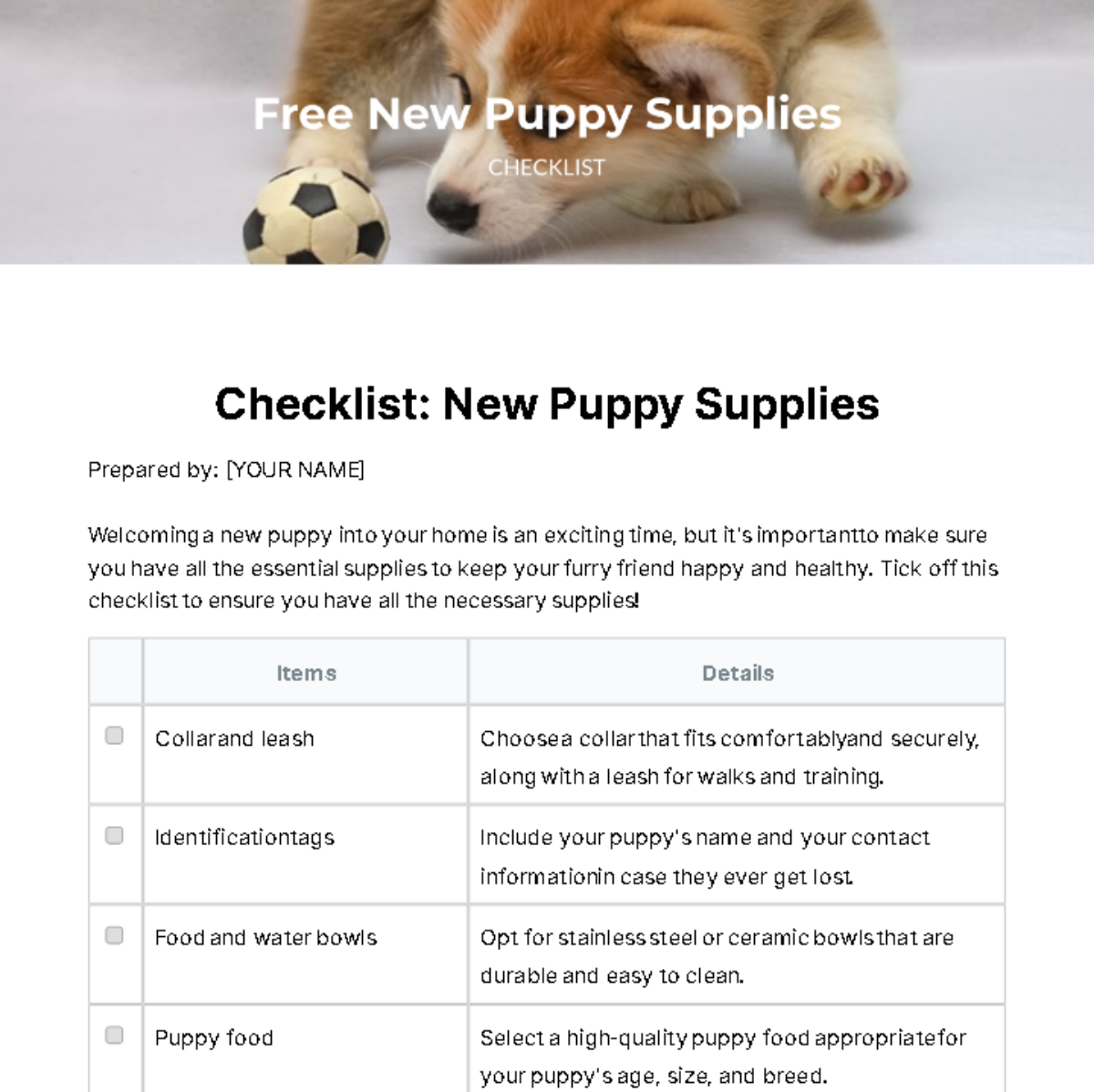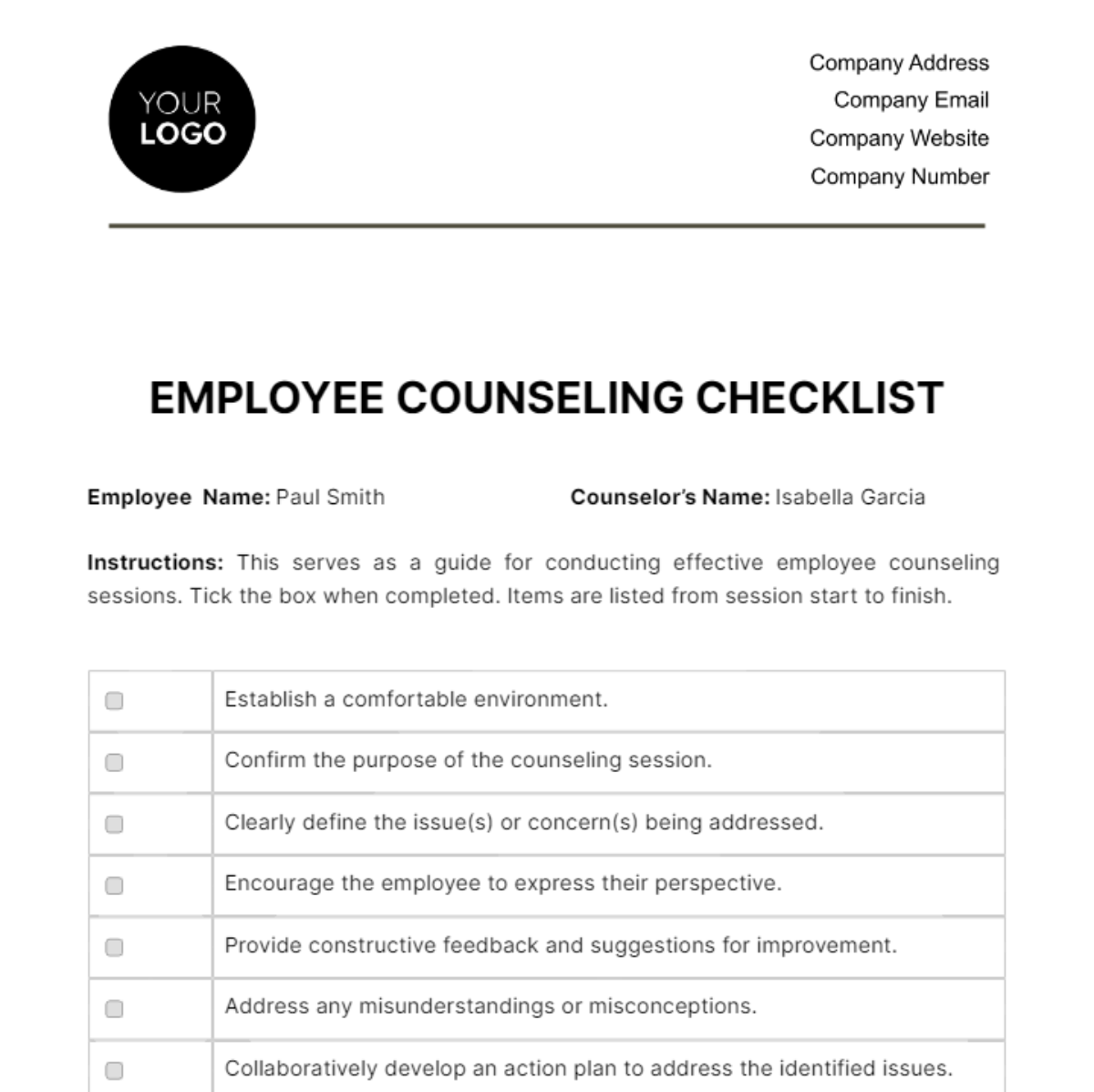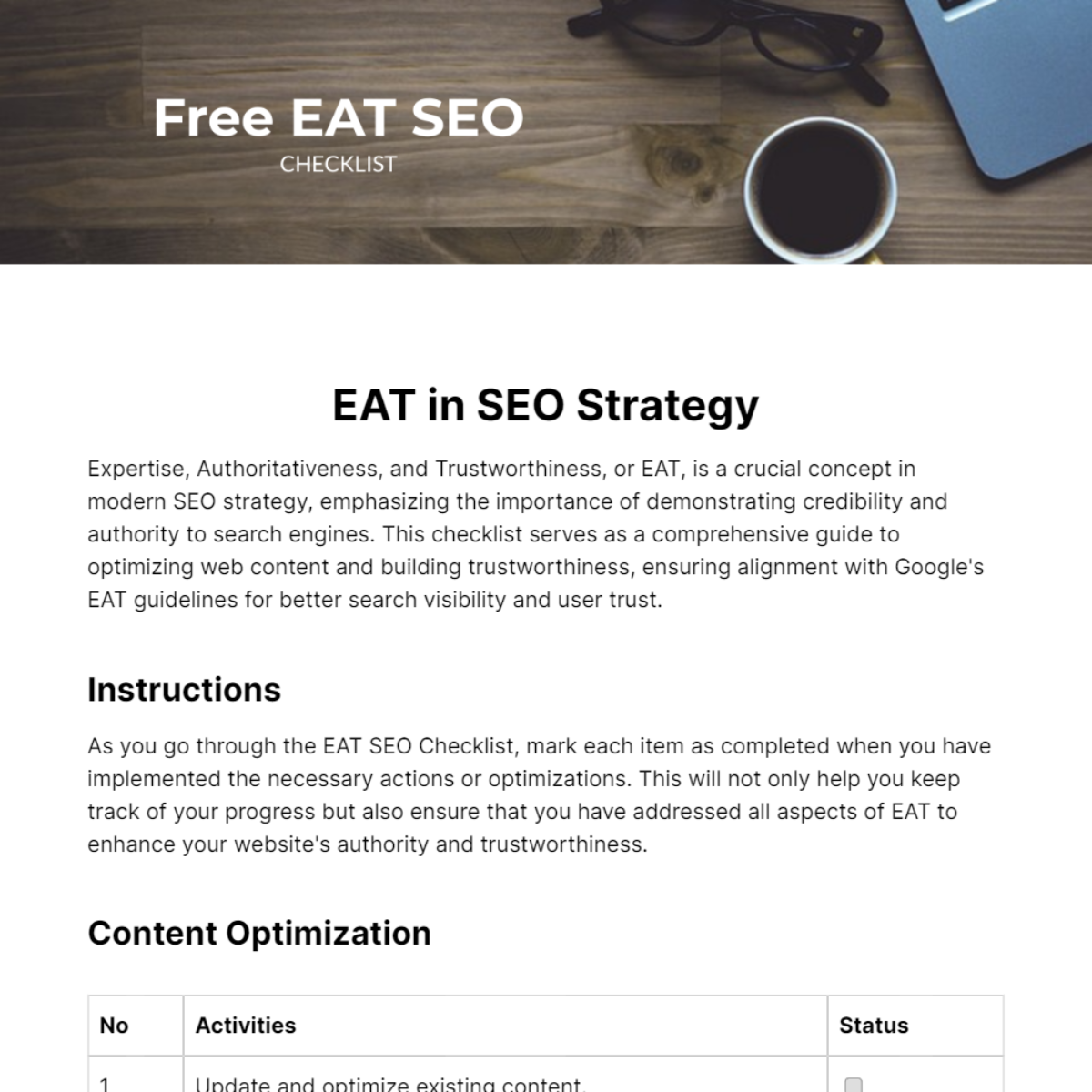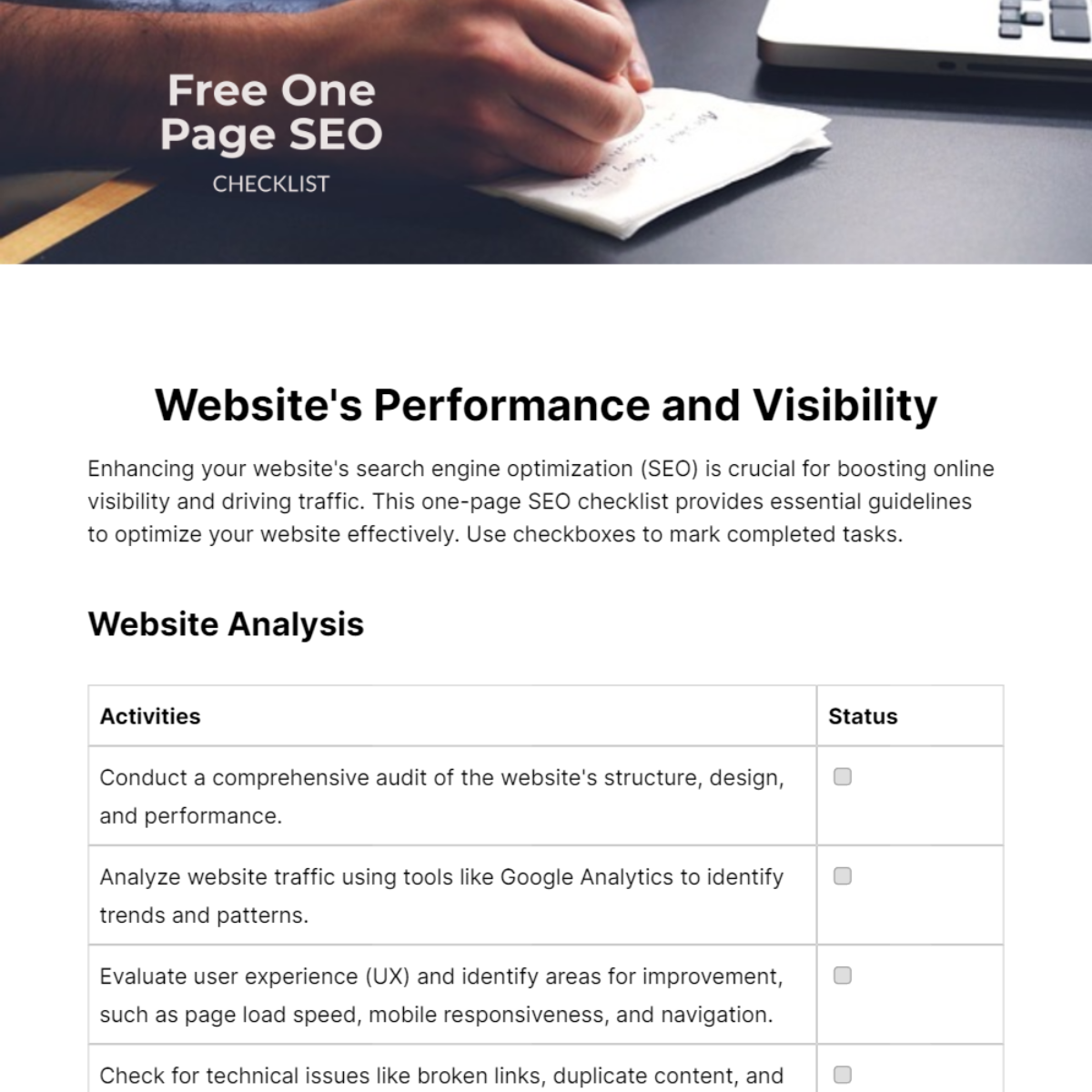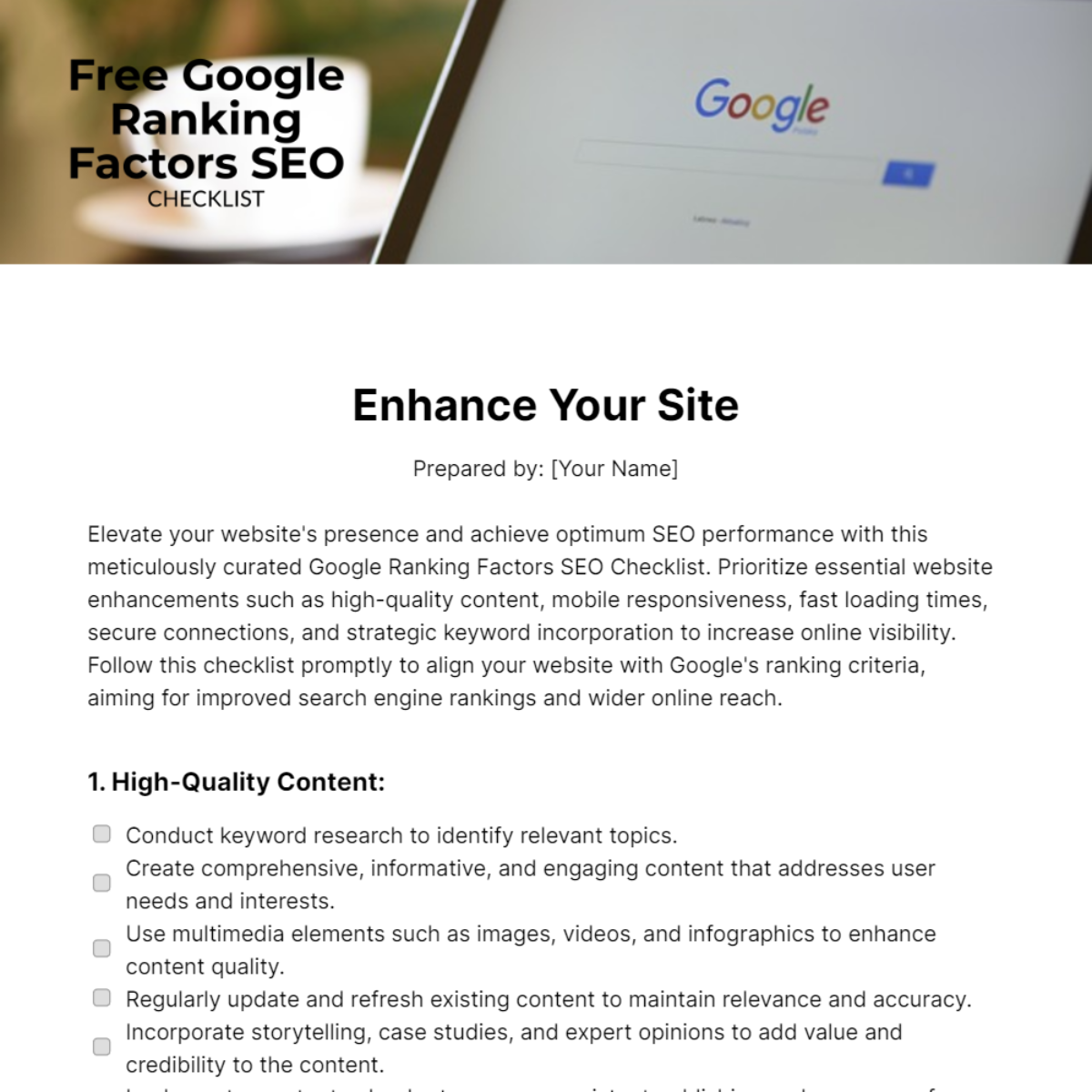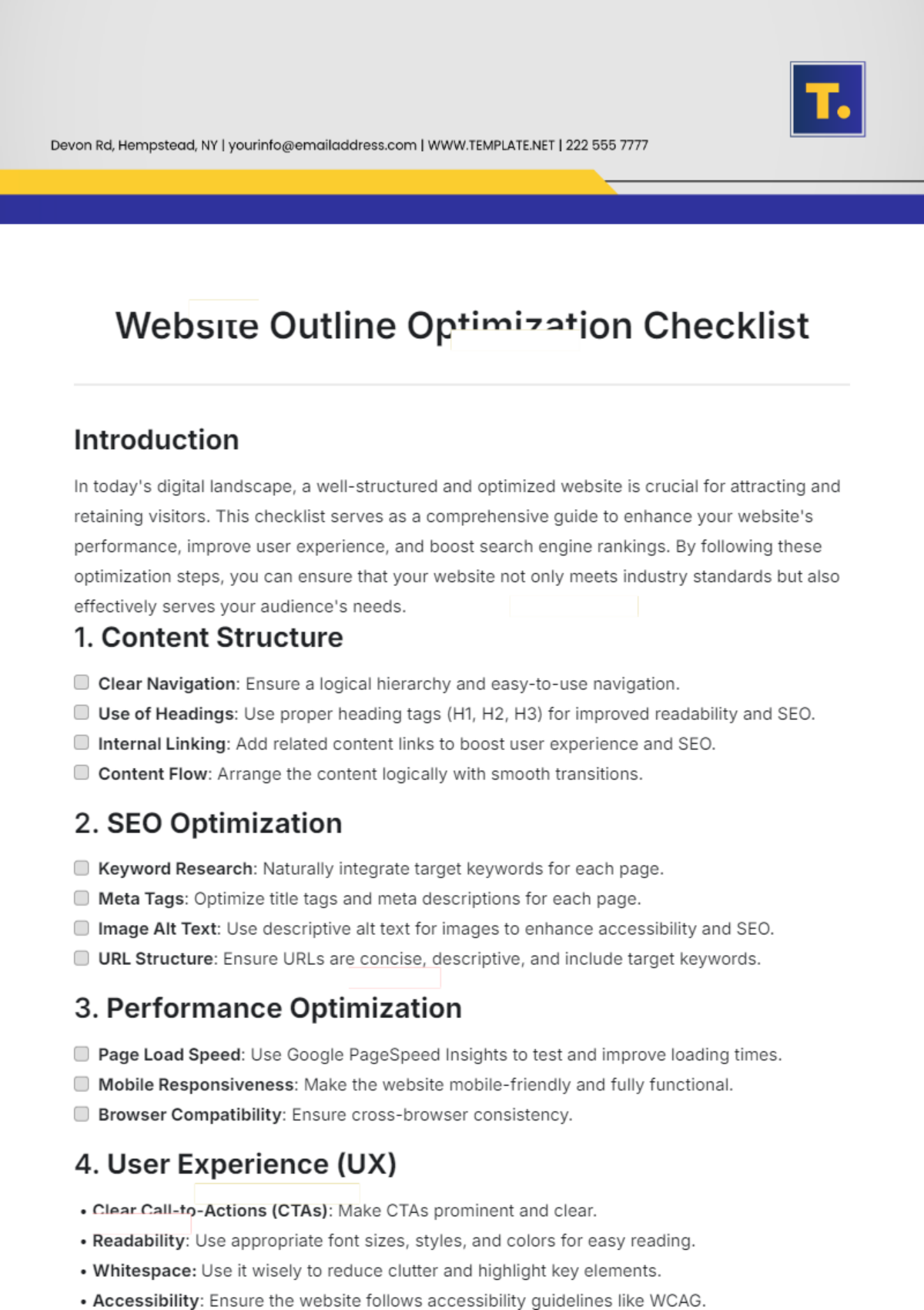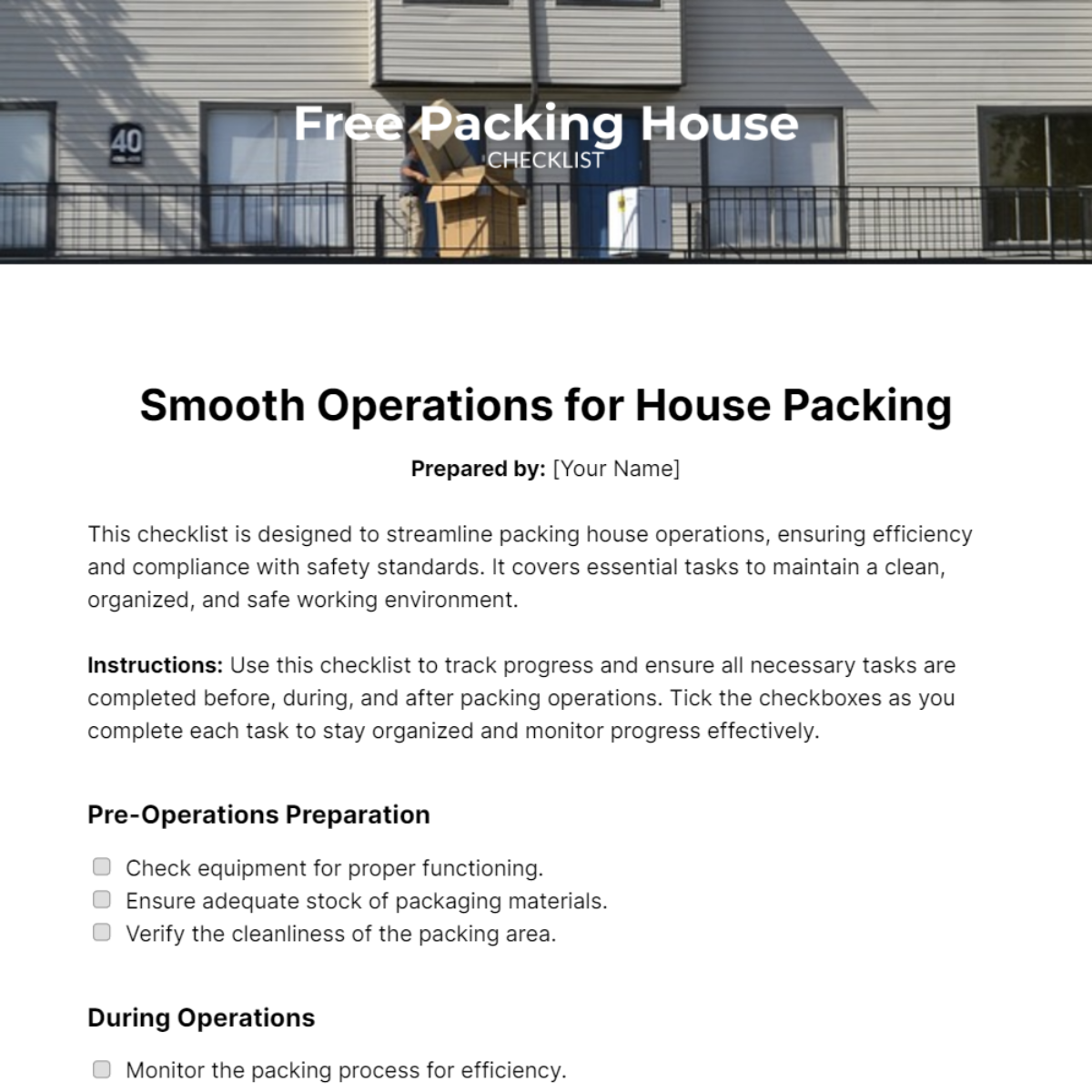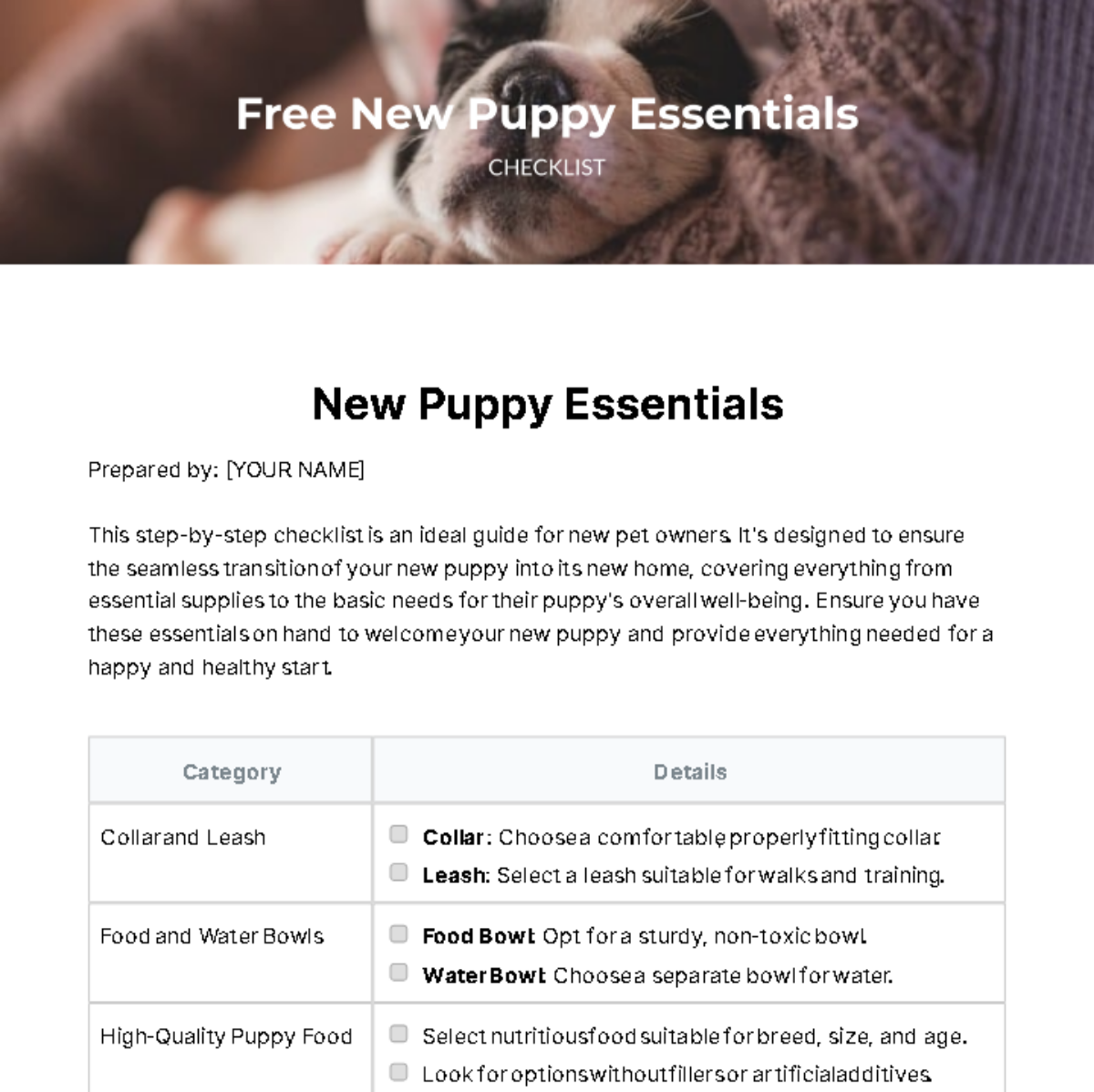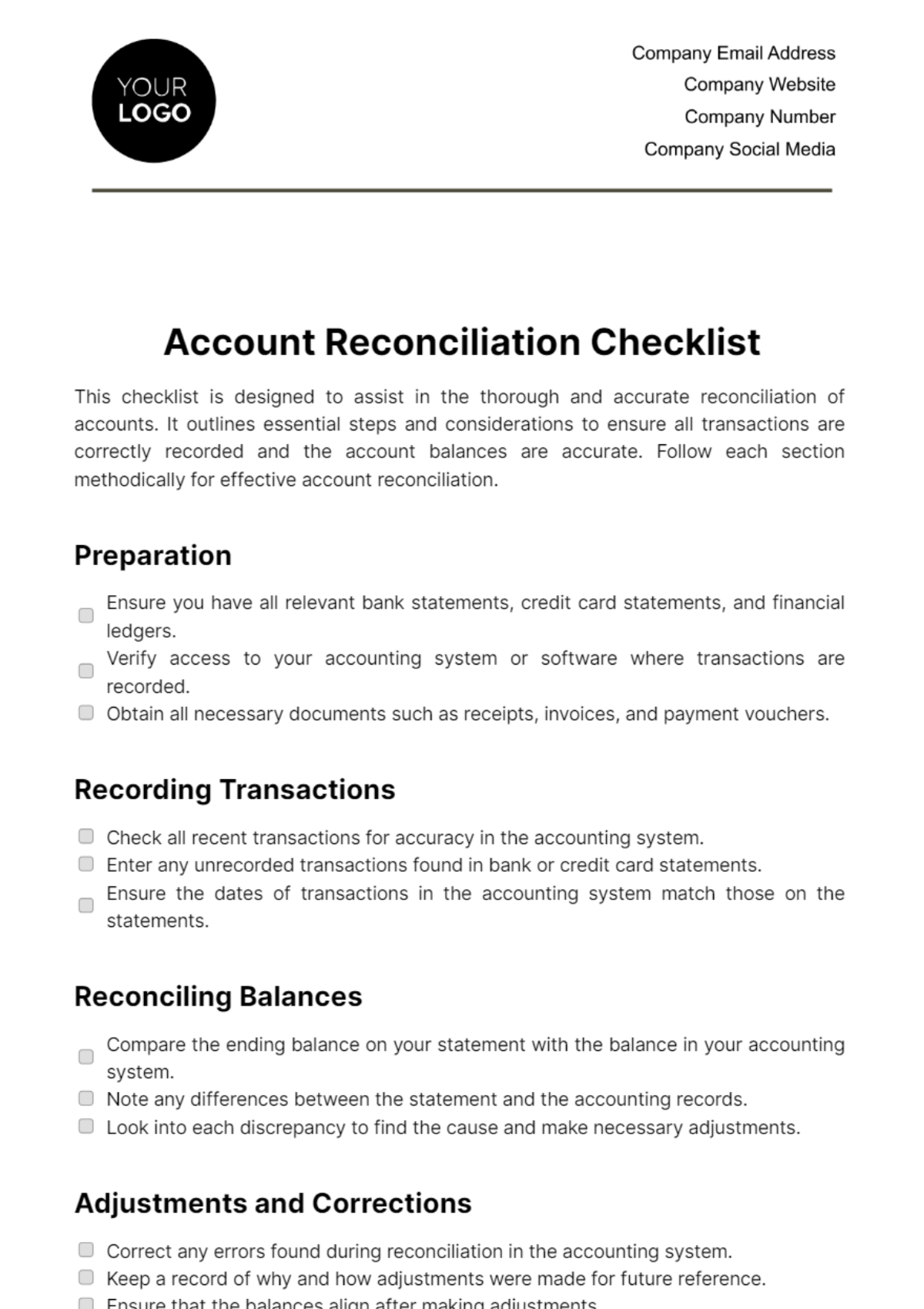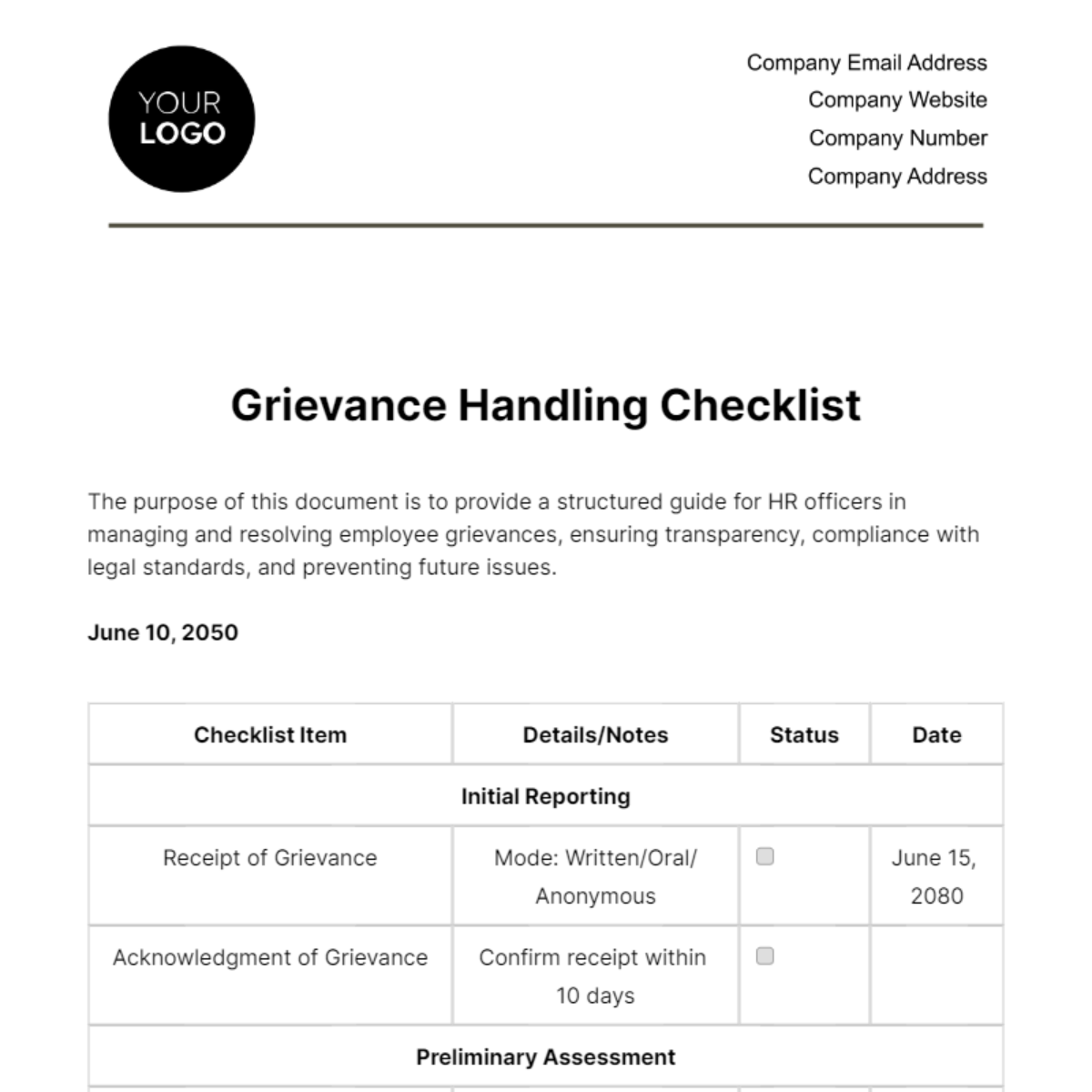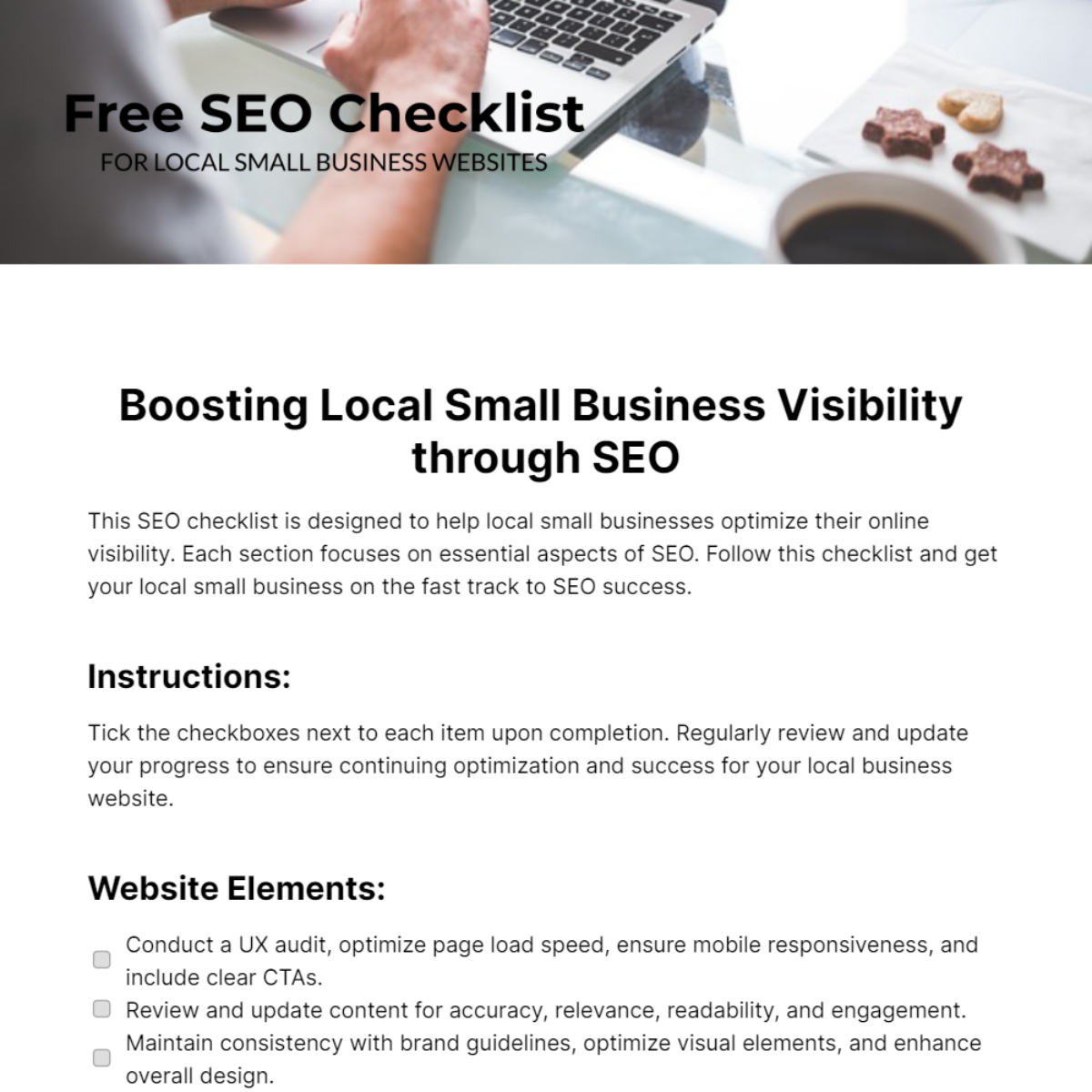Ecommerce SEO Checklist for Better Online Visibility
Prepared by: [Your Name]
Implementing effective SEO strategies is crucial for the success of any e-commerce business. By optimizing your website for search engines, you can enhance visibility, attract more organic traffic, and ultimately increase sales. Below is a comprehensive SEO checklist you can tailor specifically for your e-commerce website.
Keyword Research:
Identify relevant keywords related to your products using tools like Google Keyword Planner, SEMrush, or Ahrefs.
Target long-tail keywords with commercial intent that potential customers are likely to search for.
Prioritize keywords with high search volume and low competition.
On-Page Optimization:
Optimize product pages, category pages, and blog posts with target keywords in titles, meta descriptions, headers, and body content.
Ensure URLs are SEO-friendly, descriptive, and include keywords.
Use descriptive alt tags for product images.
Implement schema markup to enhance search engine understanding of your content.
Technical SEO:
Ensure your website is mobile-friendly and loads quickly.
Optimize site architecture for easy navigation and crawlability.
Fix broken links and resolve 404 errors.
Create and submit a sitemap to search engines.
Enable HTTPS for secure transactions.
Implement structured data markup for rich snippets.
Content Strategy:
Create high-quality, informative product descriptions with unique content for each item.
Regularly update your blog with relevant, engaging content related to your products and industry.
Incorporate user-generated content such as reviews and testimonials.
Utilize internal linking to connect related products and content.
Off-Page SEO:
Build backlinks from reputable websites through guest blogging, influencer partnerships, and PR campaigns.
Monitor and manage online reviews and citations.
Leverage social media platforms to promote products and engage with customers.
Performance Tracking:
Monitor keyword rankings, organic traffic, and conversion rates using tools like Google Analytics and Google Search Console.
Regularly audit your website for SEO issues and make necessary adjustments.
Stay updated on industry trends and algorithm changes to adapt your strategy accordingly.
